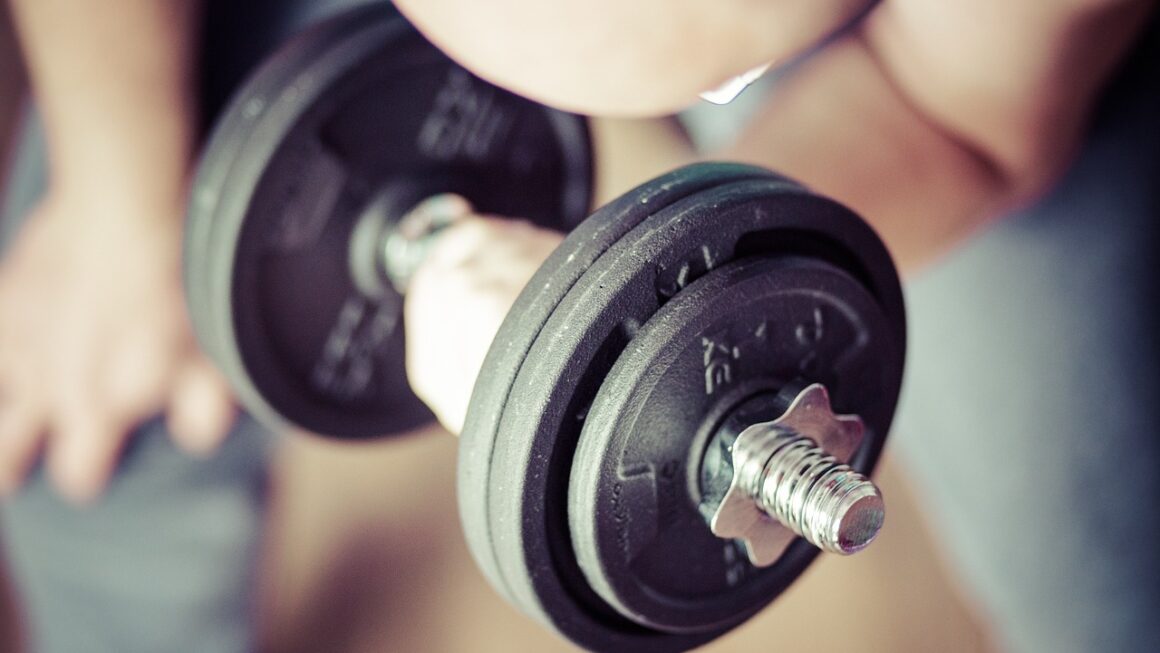In a world that increasingly values health and wellness, the rise of fitness trackers has revolutionized how individuals approach their fitness journeys. These small, wearable devices are designed not just to count steps but to provide comprehensive insights that can help people lead healthier, more active lives. With various features tailored to different fitness levels and goals, fitness trackers have become essential tools for anyone looking to enhance their physical well-being.
What is a Fitness Tracker?
A fitness tracker is a wearable device that uses sensors to monitor physical activity, heart rate, and sometimes sleep patterns, among other health metrics. Here are some common features of fitness trackers:
Common Features
- Step Counting: Most trackers provide accurate step counts to help users measure daily activity levels.
- Heart Rate Monitoring: Continuous or on-demand heart rate tracking enables users to optimize workouts.
- Sleep Tracking: Many trackers monitor sleep patterns to help users understand their sleep quality.
- GPS Tracking: Enables tracking of outdoor activities like running and cycling without the need for a smartphone.
- Calorie Burn Calculations: Provides estimates of calories burned throughout the day based on activity level.
The Benefits of Using Fitness Trackers
Integrating a fitness tracker into your daily routine can yield numerous benefits. The data collected can motivate users to remain active, track their progress, and achieve personal health goals.
Motivation and Accountability
- Goal Setting: Set achievable fitness goals, whether it’s to walk a certain number of steps daily or engage in regular workouts.
- Progress Tracking: Review performance metrics that demonstrate advancements over time.
Health Monitoring
- Heart Health: By tracking heart rate, users can better manage their cardio workouts and overall heart health.
- Sleep Quality: Understanding sleep patterns can lead to improved rest and recovery times.
Enhanced Fitness Insights
- Activity Recognition: Track various activities (like cycling or swimming) to tailor workouts effectively.
- Customizable Feedback: Many apps allow customization of feedback, from reminders to move to suggestions based on individual performance.
Choosing the Right Fitness Tracker
With countless options available, selecting the right fitness tracker can feel overwhelming. Here are some factors to consider:
Key Considerations
- Budget: Determine how much you are willing to spend; there are great options at varying price points.
- Specific Features: Consider which features are most important to you, such as GPS, heart rate monitoring, or compatibility with other gadgets.
- Design and Comfort: Since you will be wearing it daily, choose a design that fits your style and is comfortable.
- Battery Life: Longer battery life means less frequent charging, which can be a significant convenience.
Example Models
- Fitbit Charge 5: Offers built-in GPS and advanced health metrics; perfect for serious fitness enthusiasts.
- Apple Watch Series 8: Combines a fitness tracker with smartwatch capabilities, including apps and notifications.
- Xiaomi Mi Band: An excellent budget-friendly option that packs critical fitness tracking features.
Understanding Data and Metrics from Fitness Trackers
One of the most significant advantages of fitness trackers is their ability to collect and analyze data. Understanding this information can empower users to make better lifestyle choices.
Popular Metrics Explained
- Steps: The number of steps taken each day, often set against a goal, like 10,000 steps.
- Active Minutes: Measures the duration of moderate to vigorous activities throughout the day.
- Heart Rate Zones: Helps users identify when they are in resting, fat-burning, or peak heart rate zones during workouts.
Utilizing Data for Improvement
To make the most of the metrics provided by your fitness tracker:
- Regularly Review: Make it a habit to check your daily, weekly, and monthly statistics.
- Set New Goals: Use insights from your data to set new challenges that keep you engaged.
- Integrate with Apps: Many fitness trackers work with health and fitness apps that provide additional support and community.
Conclusion
Fitness trackers are invaluable tools that can assist individuals in achieving their fitness and health goals. By providing insights into daily activities, heart health, and sleep patterns, these devices empower users to take control of their well-being. As you consider integrating a fitness tracker into your life, weigh your options and invest in a device that meets your specific needs. With the right tracker, you can wear your motivation and accountability on your wrist, making each step toward a healthier lifestyle more manageable and enjoyable.





One thought on “Unlock Your Potential: How Fitness Trackers Are Revolutionizing Health and Wellness”